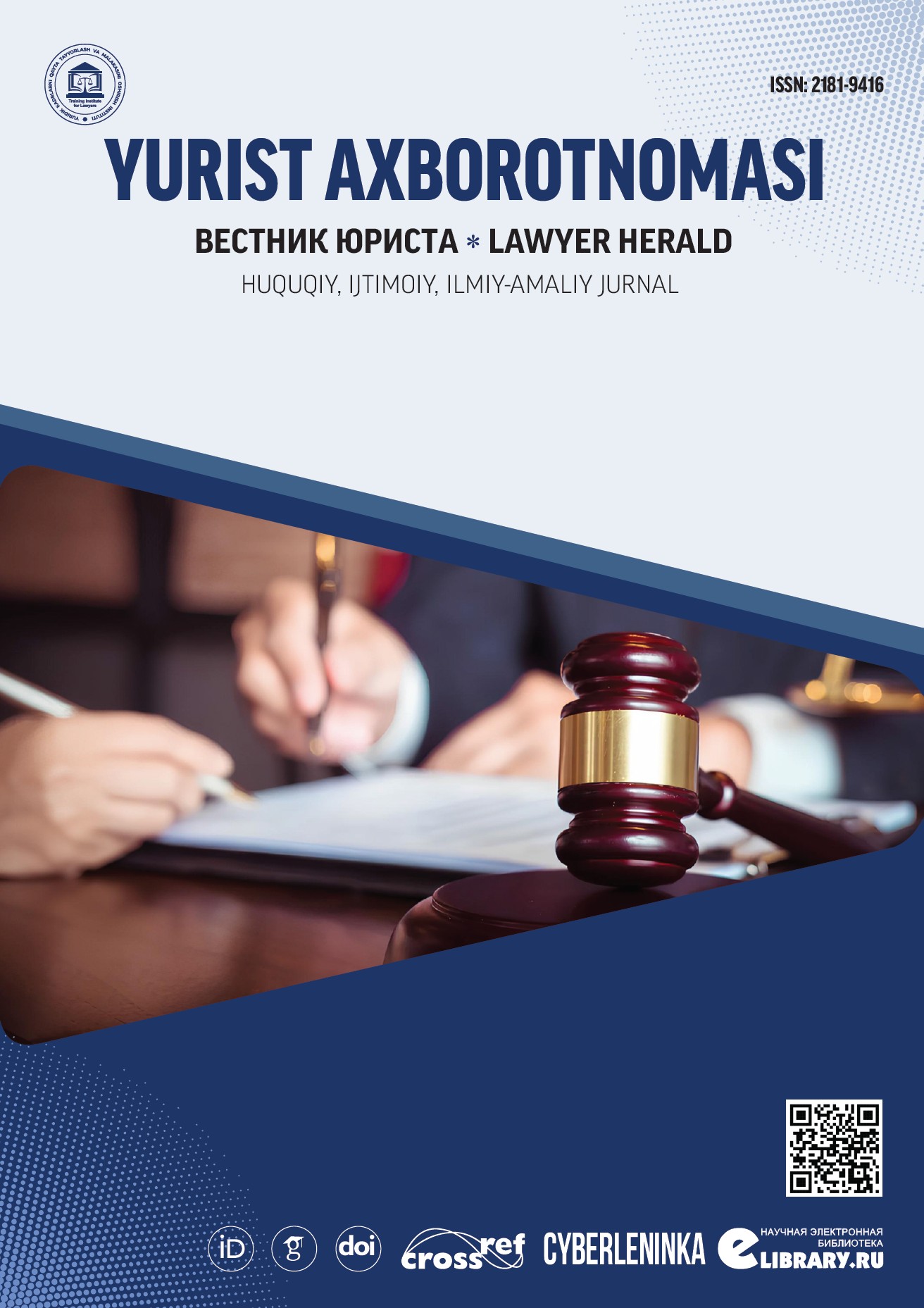Abstract
The article analyzes the essence of the clustering system in legal education, its role in the integration of education and practice, and its impact on the modern educational process. Clustering unites higher legal education institutions, judicial and law enforcement bodies, the bar, notary offices, and legal clinics into a single system, serving to prepare students to apply theoretical knowledge in practice. The study proposes new approaches to the development of legal education clusters in Uzbekistan, highlighting issues such as the development of a national concept, the formation of regional clusters, and the integration of digital technologies into the educational process. In addition, based on a comparative analysis with the experiences of countries such as the USA, the UK, and Germany, ways to improve the efficiency of clustering are presented. The findings contribute
to improving the quality of legal education, training competitive specialists in the labor market, and raising the legal culture of the population. The article also broadly covers the importance, advantages, and prospects of implementing clustering in legal education in Uzbekistan.
